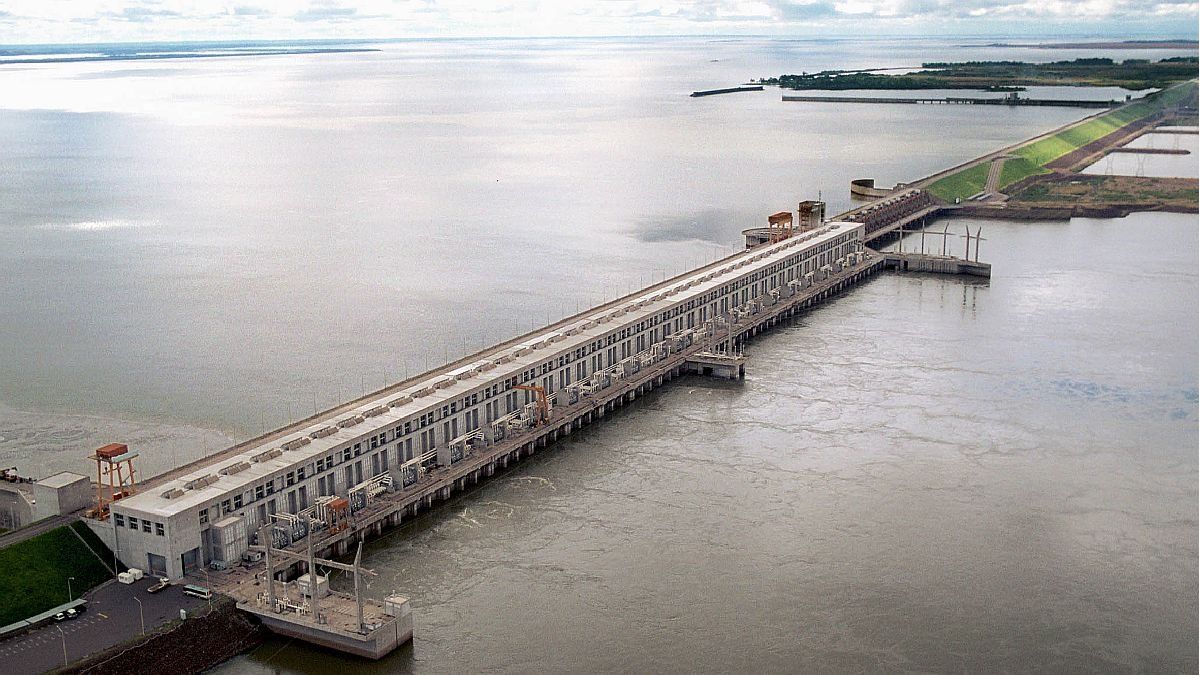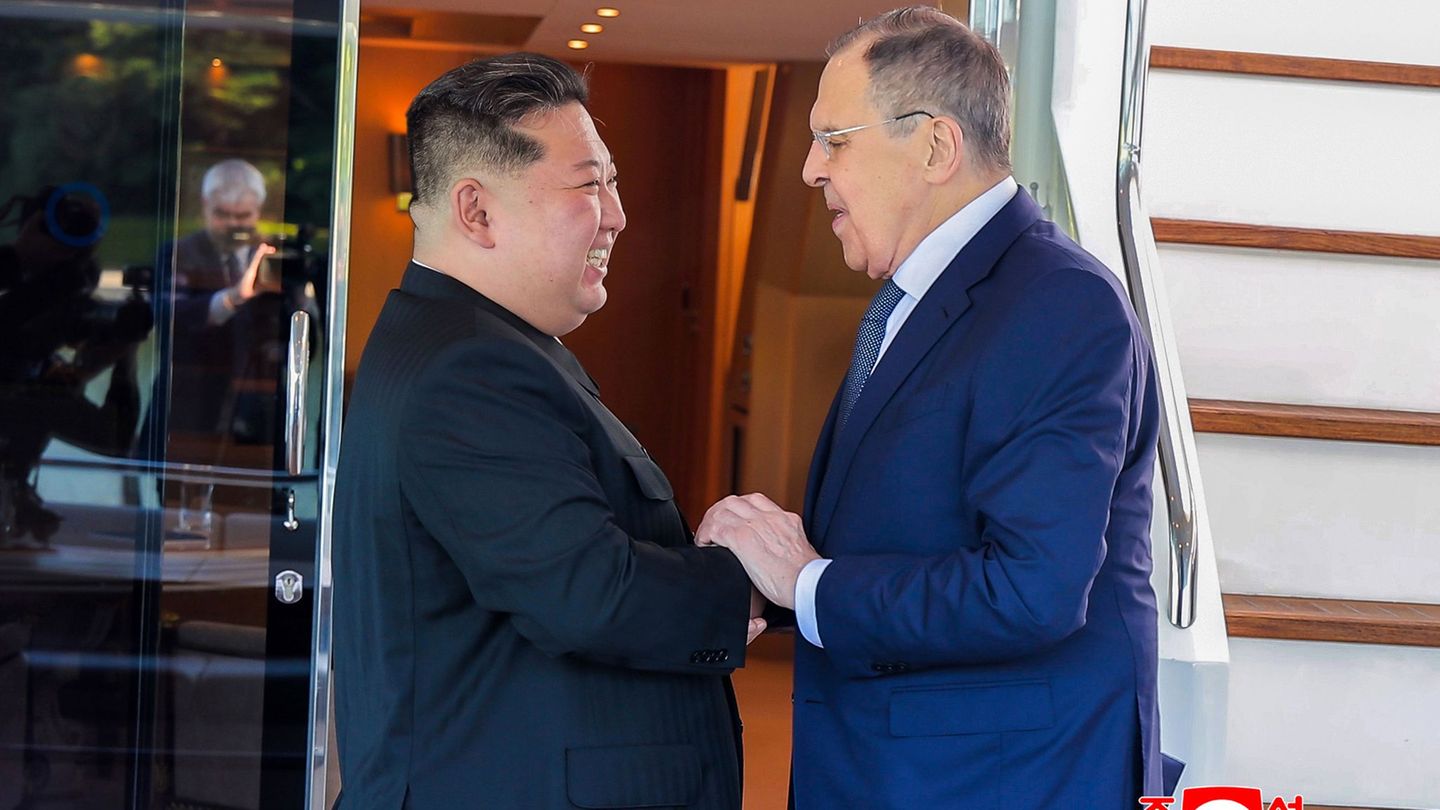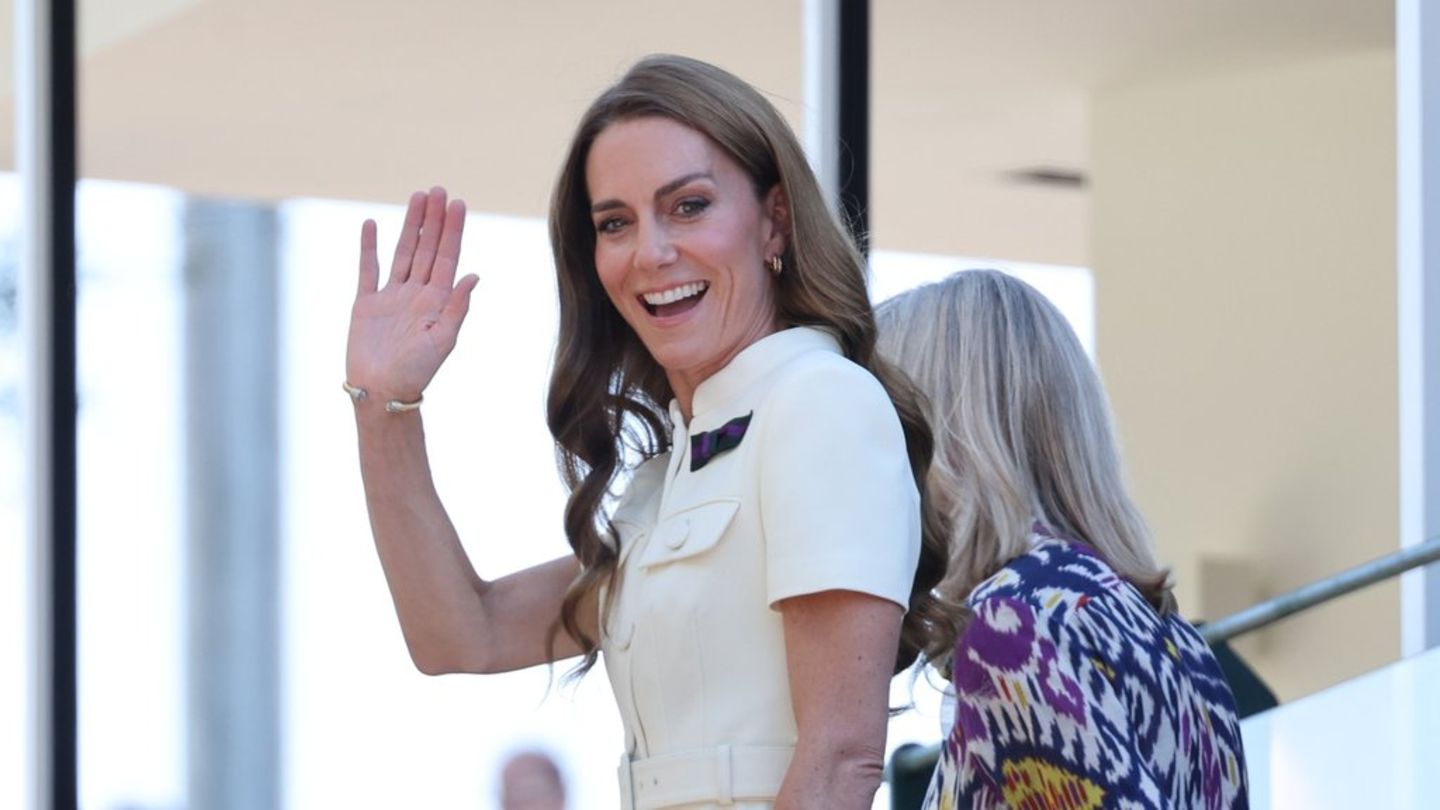The Ministry of Economy, which heads Sergio Massa, expects that the energy conflict with Paraguay will be resolved in the next few hours. Last week, the neighboring country announced that it would stop transferring energy from the Yacyretá hydroelectric plant because they are demanding a debt less than $100 million. “The underlying problem is another,” say official sources, and is related to the international trade that takes place in the Waterway. The Argentine strategy will be to resolve both negotiations separately, for which they have already sent proposals, to which Ámbito agreed.
Last Monday, the vice president of Paraguay, Pedro Alliana, announced that Paraguay stopped providing energy to Argentina from Yacyretá, due to a debt of US$93 million. Each of the countries has access to 50% of the energy generated but, since Paraguay does not use all of it, it carries out what is known as “energy transfer”, which was the part that it cut.
The news surprised the Government from an economic point of view, but not from a political point of view. From an economic point of view, they explained that Argentina owes Paraguay US$93 million for unpaid balances between 2022 and 2023. But they assured that the only thing that is expired is the part for 2022, which is a balance of US$36 million.
“The beginning of the conflict was the Waterway and then they brought in Yacyretá, they mixed everything up,” the Government stated. Exactly one year ago, Argentina began charging a toll for the circulation of commerce on the Waterway. The Government of Paraguay proposes that it has to stop charging. President, Santiago Penastated that during Massa’s visit to Asunción at the end of August he promised him that he would suspend the charge, something that Massa denies.
In the case of Yacyretá, the Government assured that in the history of debts between both countries for the transfer of energy there were defaults of US$390 million in balance and shipments were not cut. “The reaction is inexplicable,” said a senior source. From 1994 to date, Argentina transferred US$6,622 million for the 186,863 Gwh transferred, according to official sources, at an average cost of US$35.62 US/Mwhs.
When asked by this newspaper how to replace that energy that does not arrive from Paraguay, government sources explained: “Today it is not a problem, because we replaced it with gas. But it could be late into the summer, when demand grows.” That is why Economy will seek to resolve the conflict.
The proposal they made was to pay the debt of US$36 million in three installments of US$12 million until the end of the year, and the 2023 debt from next year. If there is an agreement, the first installment would be disbursed this week, under the condition that the energy is replaced immediately. “It is an interesting proposal,” Alliana, the vice president of Paraguay, publicly stated. But, in addition, the government will ask for another condition: that they readjust the price of energy.
There is annoyance in the Argentine government over Alliana’s constant public statements. “The conversations are in a strictly private sphere of negotiation and he spends his time making statements, they are lacking in terms of diplomatic codes,” they said from the Treasury Palace.
The Economy strategy was to separate the issues: Yacyretá on one side and the Waterway on the other. Possible retaliation, such as suspending gas exports to Paraguay, with YPF being a key supplier to the neighboring country, were rejected by Economía for the moment. But, Argentina added two issues to the negotiating table: that Paraguay indicate the concepts of how it charges the price of energy. And open a debate for the medium term, after the presidential elections, to sort out Paraguay’s debt with Argentina, which the Government assures amounts to more than US$28 billion.
The Government’s position is that the treaty signed between Argentina and Paraguay establishes that the cost of energy must consider in one of its points the interest and the amortization of the debts contracted for the financing of the project, which was US$28,445 million. “That point is never considered,” official sources explained.
This was written in a letter that Fernando de Vido, executive director of the binational entity Yacyretá, sent last Thursday to its director, Luis Benítez Cuevas. “There is an urgent need to begin a process of historical economic-financial ordering,” the letter states, to define the concepts of the cost of energy. “With regard to construction and maintenance, the repayment of the debt that the binational entity owes to the Argentine Republic, which amounts to $28,445 million, as the sole contributor to the construction of the plant, must be addressed,” the letter states. .
Waterway proposal
Regarding the conflict over the waterway toll, official sources told Ámbito that they will maintain the charge, which they assure is used for dredging and beaconing investments, and add that Argentina does not want to “subsidize the foreign trade of other countries.” . However, to reach an understanding, They proposed a 25% reduction in the charge until December 31, to “sustain the minimum works and unblock the conflict,” and then continue with the technical negotiations. Since February of this year, that rate is US$1.47, which this year led to a turnover of US$12 million.
Source: Ambito




